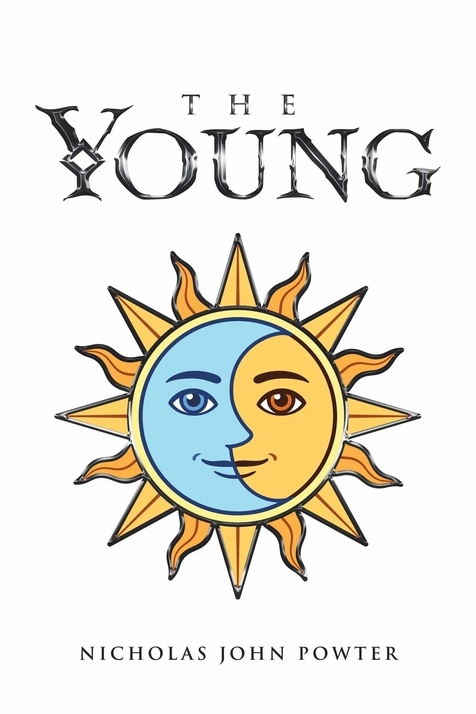In The Young, author Nicholas John Powter transports readers to The Deluge, a fantasy land where dark forces from the past are rising once more, threatening the peaceful rest of a war hero who thought his fighting days were done. Written in a classic fantasy style, this quest-driven story touches on the power of family, personal resilience, and the painful path towards growth, all packed within a fast-paced narrative that will keep you guessing.
Sven and Fren, father and son, embark on a mission to find another family member and flee from the gathering forces of evil, but the old habits of battle are hard to ignore, leading these two into conflicts at every turn. While predictable to a certain degree, the plot is engaging and fast-moving, with few tangential moments or wasted words. It is clear that the author knew what he wanted to accomplish over the course of the book, and plunges headlong through the events to reach that conclusion.
A small fellowship of travelers and secondary characters begins to form, which is a recognizable plot trope in a novel such as this, but there is a dearth of description of these side characters, including Leah and Arkin. They come across as functional foils, but not three-dimensional figures bringing value to the story on their own. Most narrative revelations happen through dialogue, which can come across as overly convenient, but the pace stays high, and the whole story can be consumed in an afternoon. For younger readers, this book is a basic introduction to the high fantasy genre, but veteran fans of the genre may be looking for something more expansive and engrossing.
Unfortunately, it is impossible to ignore the sloppiness of Powter’s writing, which is rife with mistakes and misspelled words that could have been caught by a spell-check, at the very least. Grammatical errors are present on nearly every page, with misplaced commas, incorrect use of “your” vs “you’re,” confusing syntax, and the frequent use of adverbs as a crutch for descriptive language. At times the syntax and tone feel quite medieval, but at others, the prose could have easily been torn from common speech of today.
The narrative voice is also oddly self-aware, occasionally referencing individuals as “protagonists” in the text, which can quickly pull a reader out of an immersive reading experience. In many sections, the dialogue between characters comes across as inorganic and purely functional, and the voice/colloquial nature of the characters’ speech is also inconsistent. Additionally, the combat sequences are awkward and difficult to envision, and accurate physicality in battle scenes is essential for good “spell and sword” fantasy writing.
These inconsistencies in the storytelling should definitely be addressed, as it will be hard for the average fantasy reader to properly dive into the story. There are moments of linguistic flair and visceral descriptions that are redeeming, but they fall few and far between the other errors. All of that aside, the author’s creativity is undeniable and he displays serious world-building ability; devoting extensive time and effort to polishing the writing would do wonders for the overall appeal of this intriguing book.
Book Links
STAR RATING
Design
Content
Editing
Get an Editorial Review | Get Amazon Sales & Reviews | Get Edited | Get Beta Readers | Enter the SPR Book Awards | Other Marketing Services























Leave A Comment